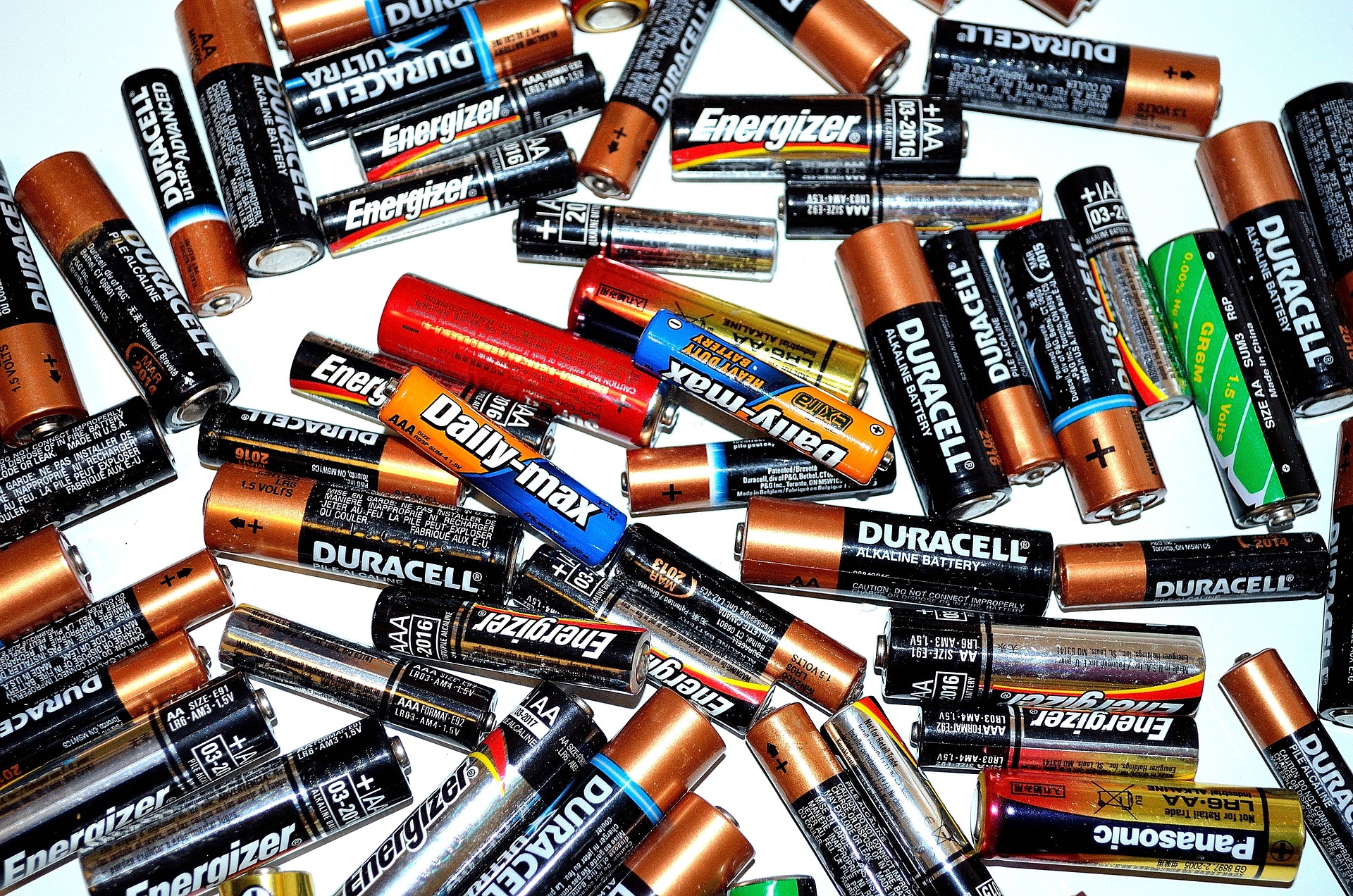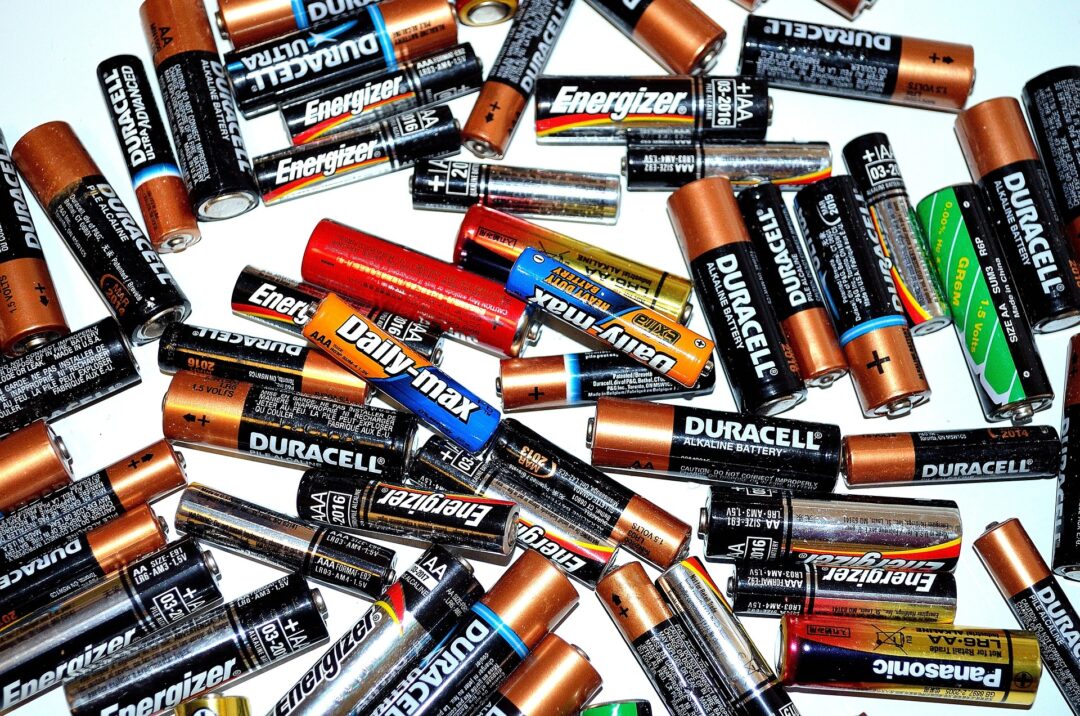
Image by PublicDomainPictures from Pixabay
This is a contributed post and may contain affiliate links
In the world of reduce, reuse and recycle, throwing something away is almost criminal now. Nearly everything can be recycled or repurposed, but some things have to be disposed of in the right way. Batteries are a commonly confused object when it comes to disposal and recycling – but it’s essential that these are recycled once they’ve served their purpose. So, if you’re replacing your AA batteries and not sure what to do with your old ones – this brief guide will point you in the right direction.
Why shouldn’t batteries be thrown away?
It’s actually quite a simple answer. When you throw something away into your household bins, for example, the majority of it ends up in landfill. Batteries contain harmful chemicals and substances that can leak into the ground once the battery coverings start to rot away. These chemicals seeping into the land around the landfill can cause soil and water pollution which, over a long period, can harm wildlife, humans and nature. So if you’re deciding what to do with your old batteries, don’t just throw them into the bin.
How are they recycled?
Once old batteries are in the right hands, they can be stripped down and each component can be recycled or disposed of in the best way. Most battery recycling operations use machines to separate the different components – acid is often drained away and converted into other chemicals or water, whilst the various metals and plastics are separated and melted down to contribute to the production of new batteries. So every battery you recycle is reducing the demand for raw materials in the production chain and helps to reduce consumption across the globe.
Where can you recycle them?
The only question now is where you can recycle them. There’s a variety of options available to you, from home collection to supermarkets and household waste centres. Some local councils allow battery collection with your usual household recycling, but check the instructions for this because they still shouldn’t be placed in amongst the general recycling.
If your local council doesn’t offer this service then you can see if any of your local supermarkets or public buildings have collection points – these are typically tall and thin cylindrical shaped objects which should have instructions on them. If neither of the above is available to you, batteries are usually accepted at household waste recycling centres so just find your nearest one.
Recycling batteries may seem unnecessary and time-consuming, but you’ll be doing your bit for the planet!

